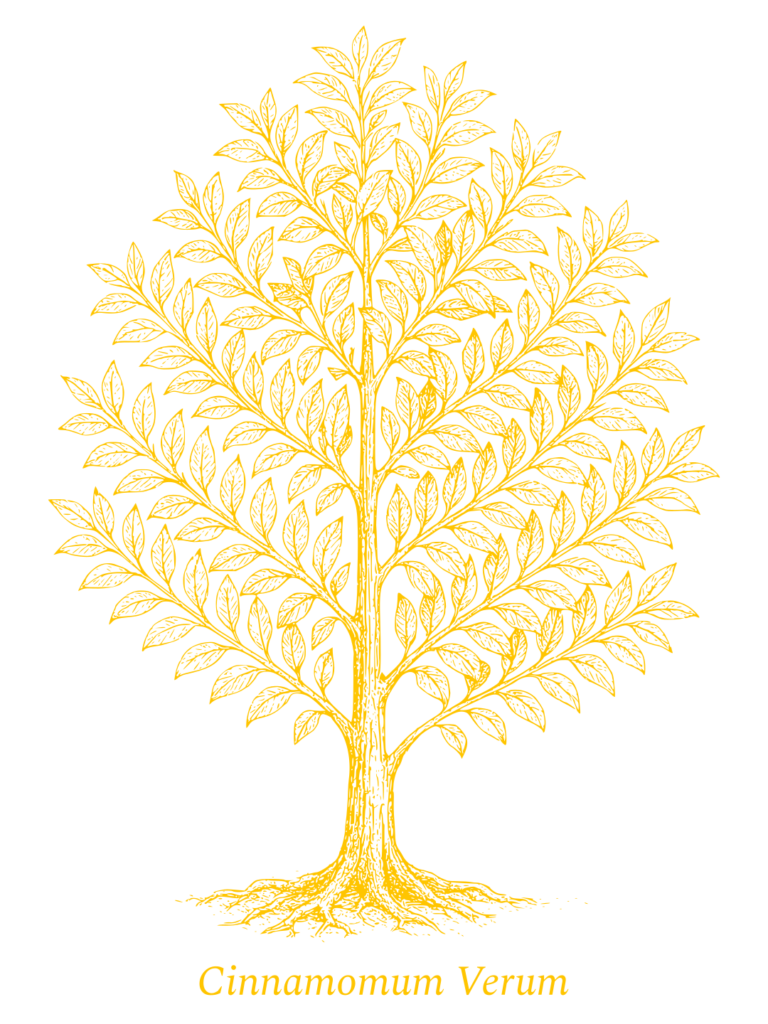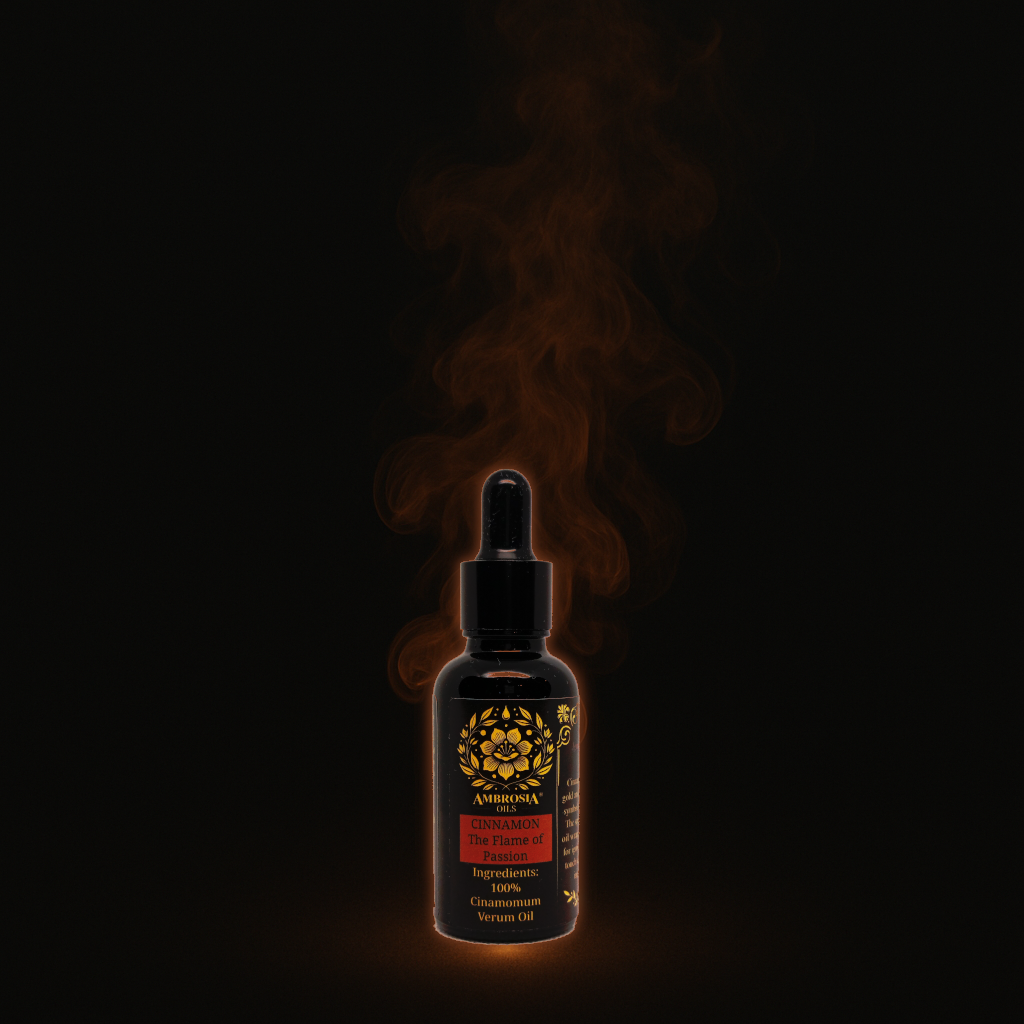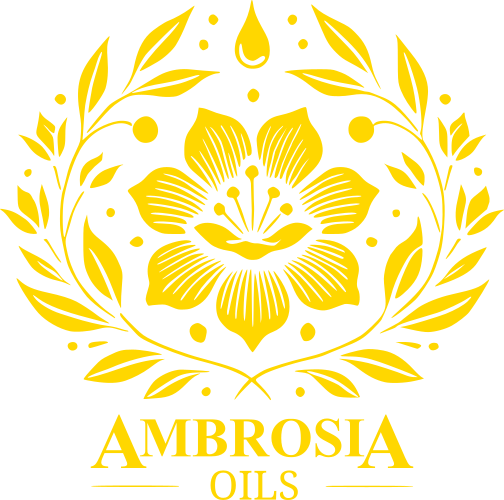
Scent Profile


Use Cases

Cinnamon, derived from the inner bark of trees belonging to the genus Cinnamomum, is one of the oldest and most cherished spices in the world. Its warm, sweet, and slightly spicy flavor has made it a staple in culinary traditions globally. However, cinnamon’s value extends far beyond the kitchen, as it has been revered for its medicinal, aromatic, and therapeutic properties for thousands of years.
The History of Cinnamon
The history of cinnamon dates back to ancient times. It was highly prized in Egypt, where it was used in embalming rituals and as a perfume ingredient. The spice was so valuable that it was often considered more precious than gold. In the Bible, cinnamon is mentioned as an ingredient in holy anointing oil.
By the Middle Ages, cinnamon had become a symbol of wealth and status in Europe, as it was imported through long and perilous trade routes from Asia. Portuguese explorers eventually discovered the source of cinnamon in Sri Lanka (Ceylon), dominating the trade for over a century before being overtaken by the Dutch and later the British. Today, cinnamon is cultivated in various regions, including Sri Lanka, Indonesia, China, and Vietnam.

Cinnamon Essential Oil
Cinnamon essential oil is extracted through steam distillation, primarily from the bark or leaves of Cinnamomum verum (Ceylon cinnamon) or Cinnamomum cassia (Chinese cinnamon). While both types of oil share similar properties, cinnamon bark oil is considered superior due to its higher concentration of cinnamaldehyde, the compound responsible for its characteristic aroma and therapeutic effects.
The oil is highly concentrated and possesses a warm, spicy fragrance that is both invigorating and comforting. It is widely used in aromatherapy, natural skincare, and as an ingredient in perfumes and candles.
Properties of Cinnamon
Cinnamon, and its essential oil, is renowned for a variety of properties, including:
- Antimicrobial and Antibacterial: Cinnamon contains compounds that can combat bacteria, fungi, and viruses, making it a powerful natural preservative and disinfectant.
- Anti-inflammatory: It helps reduce inflammation, soothing conditions such as joint pain and muscle soreness.
- Antioxidant: Packed with antioxidants, cinnamon protects the body from oxidative stress and supports overall health.
- Warming and Circulatory: Its warming properties stimulate blood circulation, making it effective for cold hands and feet.
- Digestive Aid: Cinnamon can help alleviate digestive discomfort, including bloating, nausea, and indigestion.
- Mood Enhancer: Its spicy and sweet aroma can uplift the mood, reduce stress, and promote relaxation.
Benefits of Cinnamon and Its Essential Oil
Cinnamon’s wide-ranging benefits make it a versatile tool for improving well-being. Here are some of its key applications:
- Aromatherapy: Diffusing cinnamon essential oil creates a warm, inviting atmosphere that can enhance focus and promote relaxation. It pairs well with other oils like orange, clove, and sandalwood.
- Skincare: When diluted with a carrier oil, cinnamon essential oil can be used to treat acne, improve circulation, and promote a glowing complexion. Its antibacterial properties help in combating skin infections.
- Immune Support: Cinnamon’s antimicrobial effects make it a natural remedy for colds and respiratory issues. It is often used in blends designed to boost the immune system.
- Pain Relief: Applied topically (diluted), cinnamon oil can alleviate muscle and joint pain, thanks to its warming and anti-inflammatory properties.
- Culinary Uses: While not as common as powdered cinnamon, the essential oil can be used in small amounts to flavor dishes and beverages.
Conclusion
Cinnamon, with its rich history and multifaceted properties, is truly a treasure of nature. Its essential oil, concentrated with the essence of this ancient spice, offers numerous benefits for health, beauty, and well-being. Whether used in aromatherapy, skincare, or holistic remedies, cinnamon continues to enchant and heal, just as it has for centuries.
